World Casual: the Future of American Menus
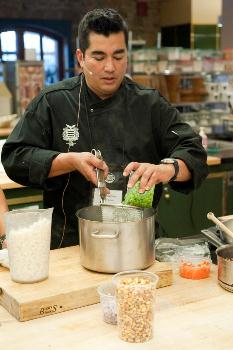 The CIA’s recent Worlds of Flavor® International Conference & Festival examined the casualization of fine dining.
The CIA’s recent Worlds of Flavor® International Conference & Festival examined the casualization of fine dining.
Dozens of leading chefs from all over the world shared their expertise about the growing role of casual food in different world cuisines at The Culinary Institute of America (CIA) at Greystone in St. Helena, Calif., November 3-5. “World Casual: The Future of American Menus” was the topic of the 14th-annual Worlds of Flavor® International Conference & Festival held at the college’s Napa Valley campus.
Jose Garces, the James Beard Award-winning Ecuadorian-American chef who owns eight restaurants in Philadelphia and Chicago, provided examples of how to successfully translate world-casual concepts onto American menus. The Food Network Iron Chef led a workshop on the signature casual flavors of Mexico, Ecuador and Peru and gave a presentation about the next generation of Latin casual at a session moderated by Chef Rick Bayless, with CIA chef-instructor Iliana de la Vega as a fellow presenter.

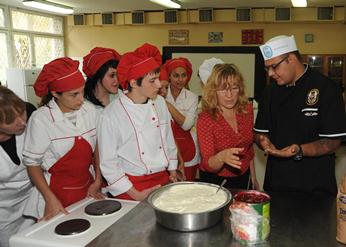 USS Philippine Sea shares culinary techniques with high-school students in Eastern Europe.
USS Philippine Sea shares culinary techniques with high-school students in Eastern Europe.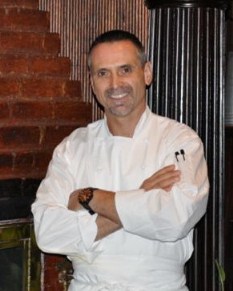 Bill Rodgers, executive chef, Keens Steakhouse, New York City
Bill Rodgers, executive chef, Keens Steakhouse, New York City Although this part of case-study teaching can be arduous, there’s real value in reading papers. Doing so allows us to suggest ways to improve students’ thinking.
Although this part of case-study teaching can be arduous, there’s real value in reading papers. Doing so allows us to suggest ways to improve students’ thinking. Contrary to what students might think, life is not like “Hell’s Kitchen,” where food can be discarded with abandon. Here are eight easy and effective ways to teach basic food-cost principles that will serve your students well.
Contrary to what students might think, life is not like “Hell’s Kitchen,” where food can be discarded with abandon. Here are eight easy and effective ways to teach basic food-cost principles that will serve your students well. The truth about GMOs.
The truth about GMOs.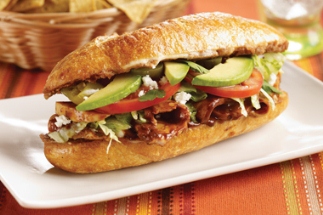 SandwichPro.com offers new on-trend sandwich-making demos.
SandwichPro.com offers new on-trend sandwich-making demos.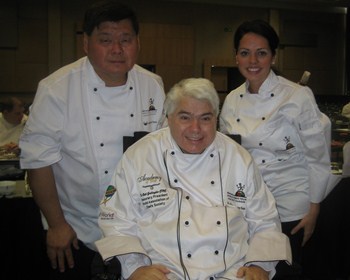 The president of the American Culinary Federation led an entourage of U.S. chefs to partake in and contribute their talents to the Bidvest World Chefs Tour Against Hunger in South Africa in August.
The president of the American Culinary Federation led an entourage of U.S. chefs to partake in and contribute their talents to the Bidvest World Chefs Tour Against Hunger in South Africa in August.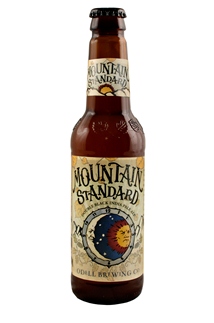 One of the industry’s earliest trends forecasts for next year predicts we’ll say hello to sheep’s-milk cheese and local beers and goodbye to “molecular gastronomy” and “foodie.”
One of the industry’s earliest trends forecasts for next year predicts we’ll say hello to sheep’s-milk cheese and local beers and goodbye to “molecular gastronomy” and “foodie.”